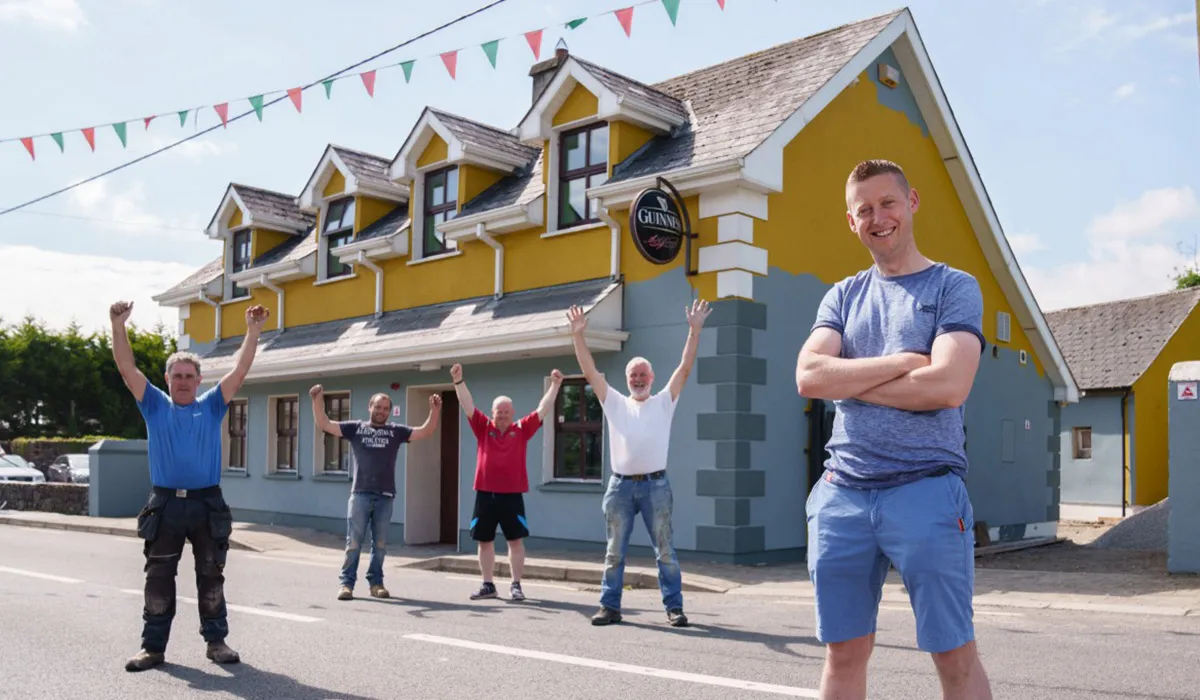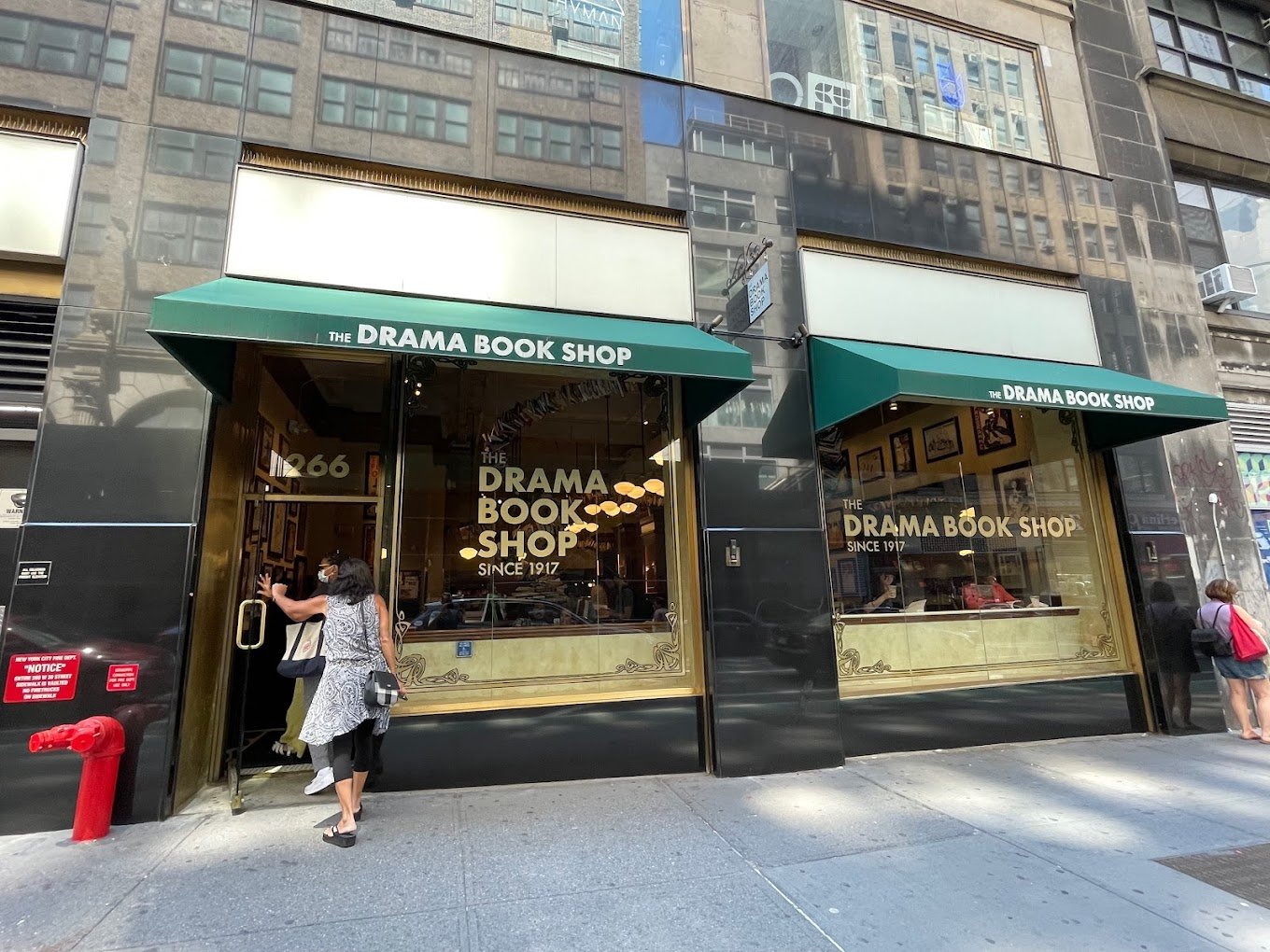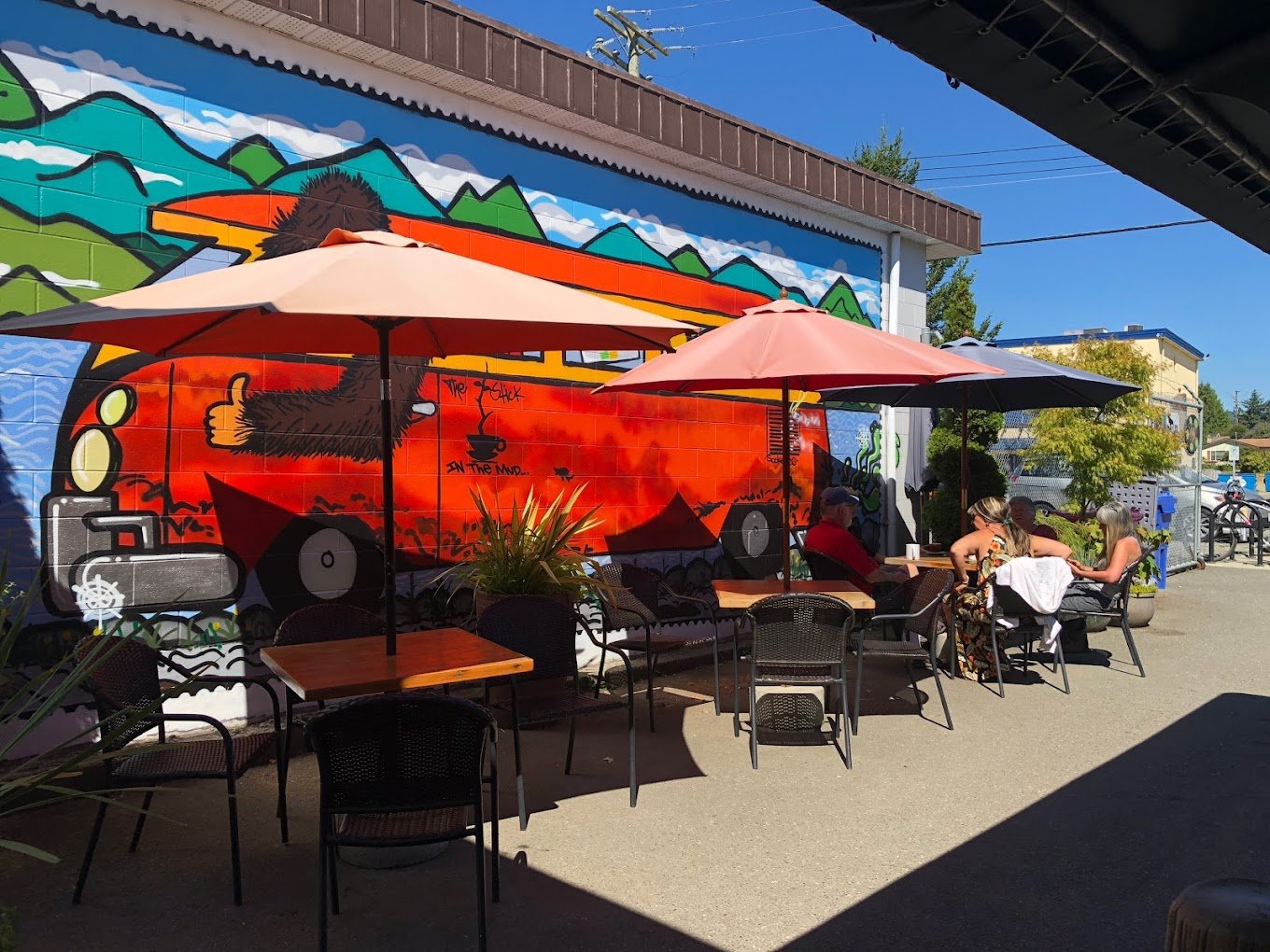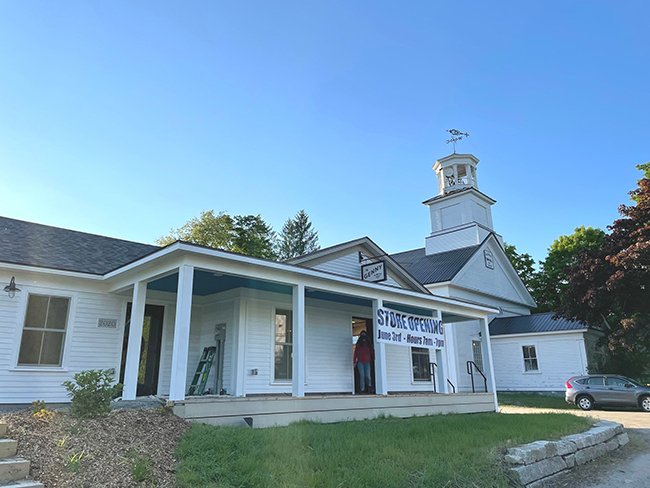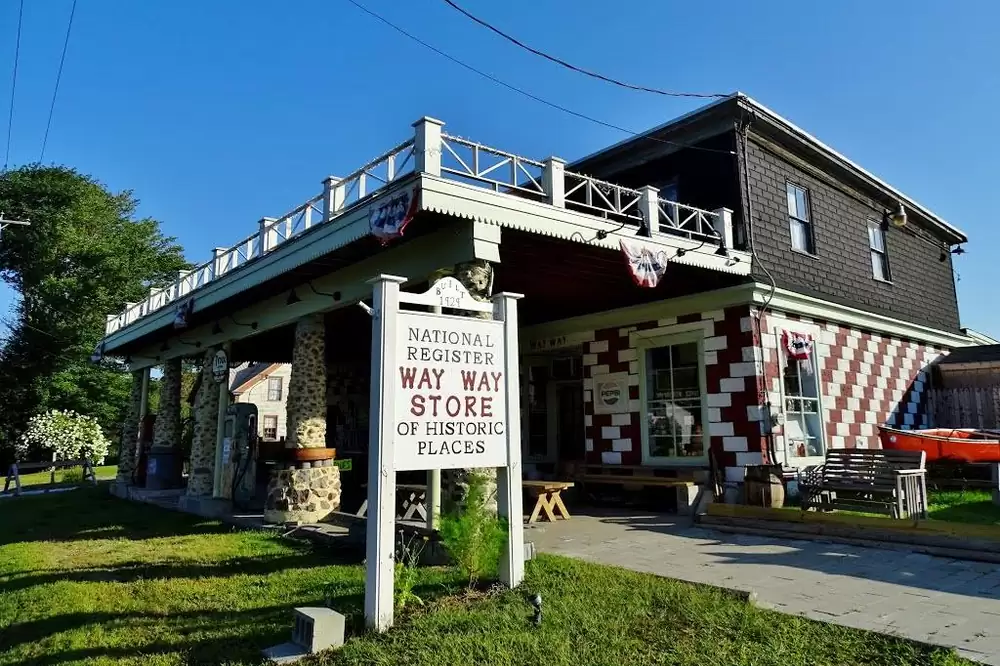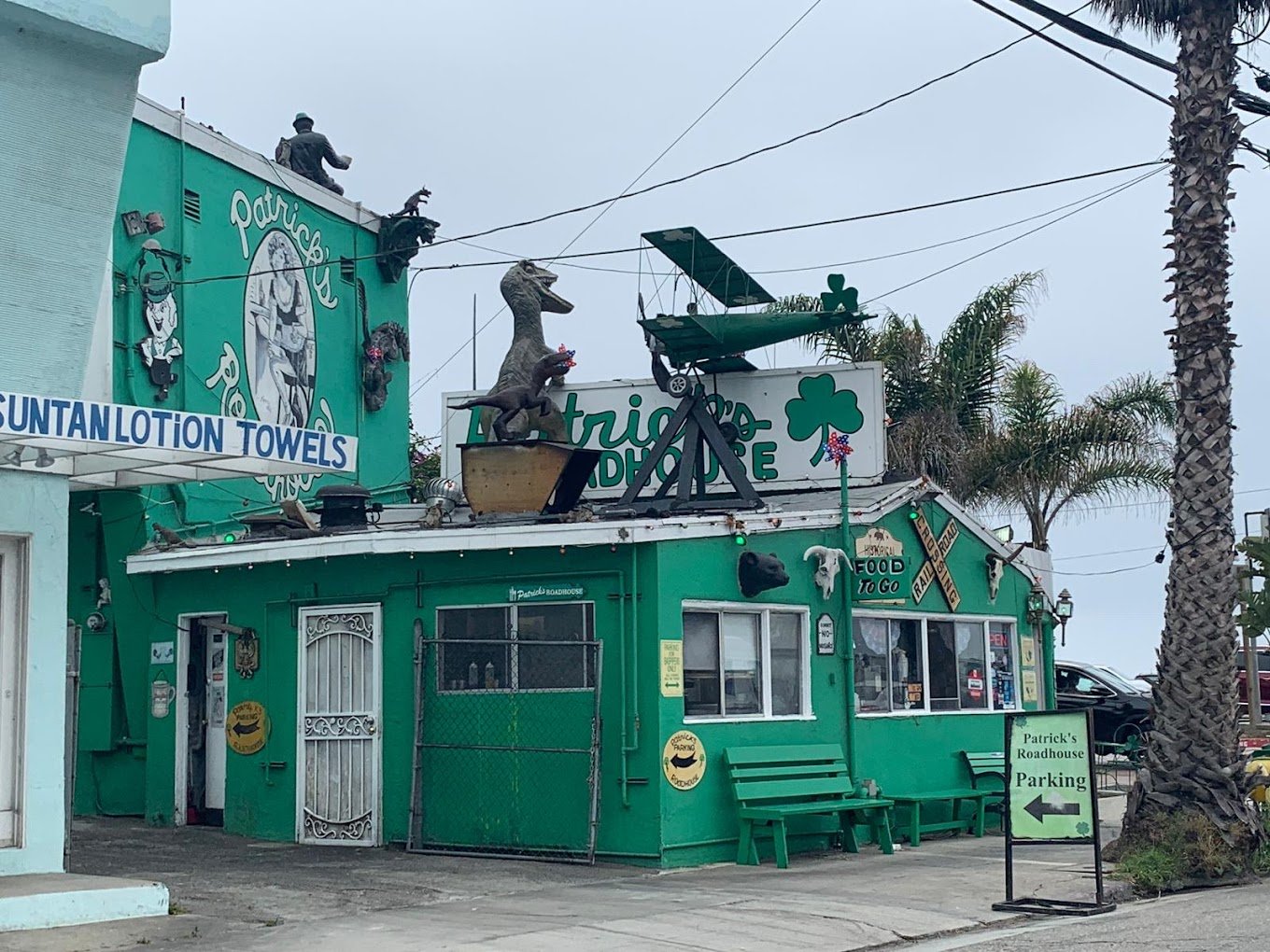What
Local small businesses—constituting 99.9% of all companies—are not merely the backbone of the economy; they are the heart of our communities. These enterprises do more than supply essential services and products; they act as vibrant centers of community life, contributing significantly to local employment and taxation. Yet, alarmingly, these critical community pillars are vanishing, especially in the places where they are needed most: our rural territories, remote locales, and inner cities.
Many of these businesses remain viable, yet they falter due to a critical lack of accessible capital for necessary transitions such as ownership changes, or crucial investments to sustain operations. While individual investors and grassroots initiatives have started stepping up to reinvigorate these businesses with needed funds, the challenge calls for a greater movement. Enter Slow Capitalism: a burgeoning effort dedicated to not only increasing investments in these local enterprises but also reimagining a more altruistic approach to capitalism itself.
Principles
The Slow Capitalism movement is based on four principles. While not rigid rules, the goal is to align capitalism with altruism to promote and sustain local small businesses.


What it Isn’t
- Philanthropy or charity
- Investing in companies whose primary mission is a social purpose
- Socially Responsible Investment (SRI)
- Buying and running a lifestyle business for “fun”






